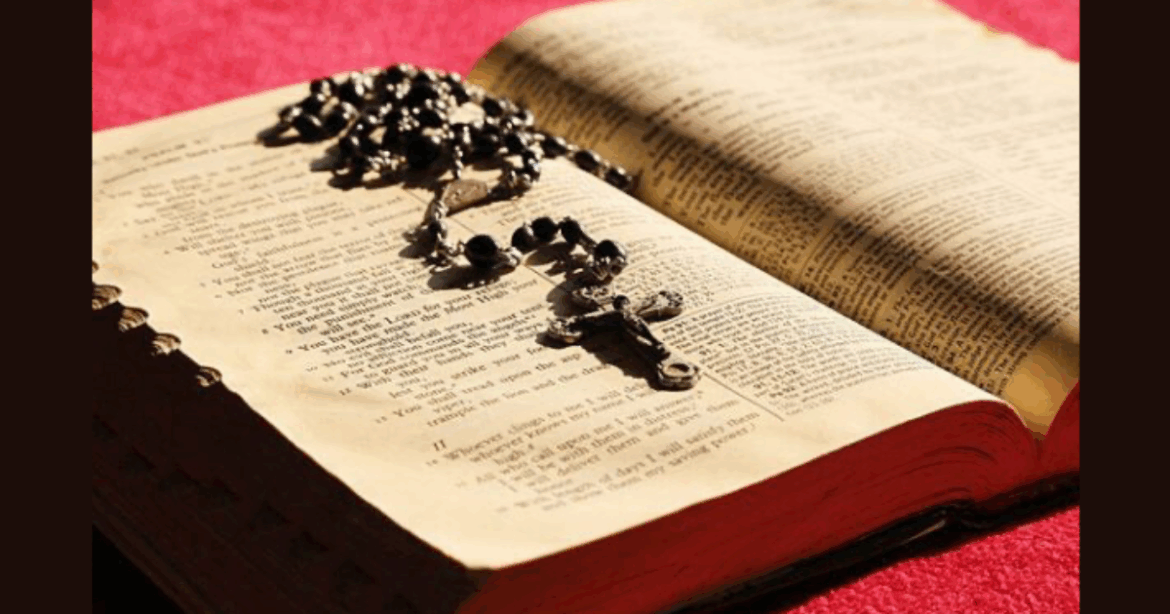After intense backlash from parishioners, global Catholics, and major Catholic media outlets, Bishop Michael Martin of the Diocese of Charlotte has reversed course on his July 8 deadline to restrict the Traditional Latin Mass (TLM). Instead, he will now delay implementation until October 2, in line with the Vatican’s timeline for diocesan compliance with Traditionis Custodes.
This decision comes in response to a formal request from four local parish priests, whose letter expressed grave concerns about the abrupt changes and their impact on the faithful. Bishop Martin acknowledged the request and notified his clergy via email that the new date would allow more time for “transition” and for the renovation of a dedicated chapel in Mooresville for the displaced TLM community.
Backlash Forces a Strategic Retreat
The diocese’s previous plan to shutter Latin Mass availability at four separate churches by July 8 drew fierce criticism. TGP’s reporting and Catholic media outlets like Rorate Caeli and The World Overspoke helped shine a spotlight on the bishop’s controversial internal document titled “Traditionis Custodes Implementation in the Diocese of Charlotte 2025: Responses to Concerns.”
In it, Martin dismissed numerous ancient Catholic traditions—kneeling for Holy Communion, priests praying before and after Mass, ornate vestments, and even cleansing sacred vessels with reverence—as out of step with “authentic Eucharistic understanding.” Critics blasted the tone of the document as condescending and dismissive, and accused Martin of gaslighting faithful Catholics who hold to long-revered liturgical traditions.
Catholic scholar Dr. Peter Kwasniewski, who leaked the document, condemned it as “disturbing” and “ideologically driven,” warning that it seeks to erase authentic Catholic expressions under the guise of modernity. Bishop Martin has since attempted to downplay the document’s significance, calling it an “early draft.”
A Calculated Delay Before a Changing Papacy?
Some Catholic analysts suggest Bishop Martin’s delay is not only a reaction to backlash but also a strategic move to preempt potential change under Pope Leo XIV, who is expected to take a more conciliatory view of traditional liturgy than Pope Francis. With Traditionis Custodes being widely viewed as the most aggressive Vatican intervention into liturgical freedom in decades, many believe the winds in Rome may soon shift.
The Stakes: More Than Just a Mass
The Traditional Latin Mass in Charlotte draws an average of 1,100 faithful each week, making it one of the more vibrant Latin Mass communities in the country. With deep reverence, a connection to centuries of Catholic worship, and increasing interest among younger Catholics, TLM has become a flashpoint in the broader culture war within the Church—between modernist enforcement and traditionalist revival.
Critics argue that Bishop Martin’s approach seeks to marginalize these faithful, pushing them into a segregated worship space while sanitizing parish life of ancient Catholic identity.
Conclusion: Delay Is Not Dismissal
While Bishop Martin’s postponement until October is a temporary reprieve, it is far from a reversal. The fight for liturgical freedom continues, and many faithful see this as only one battle in a much larger spiritual and institutional war within the Catholic Church.
The Latin Mass is not just about language—it’s about identity, history, and reverence. And for thousands in Charlotte, that identity just got a few more months to breathe.

